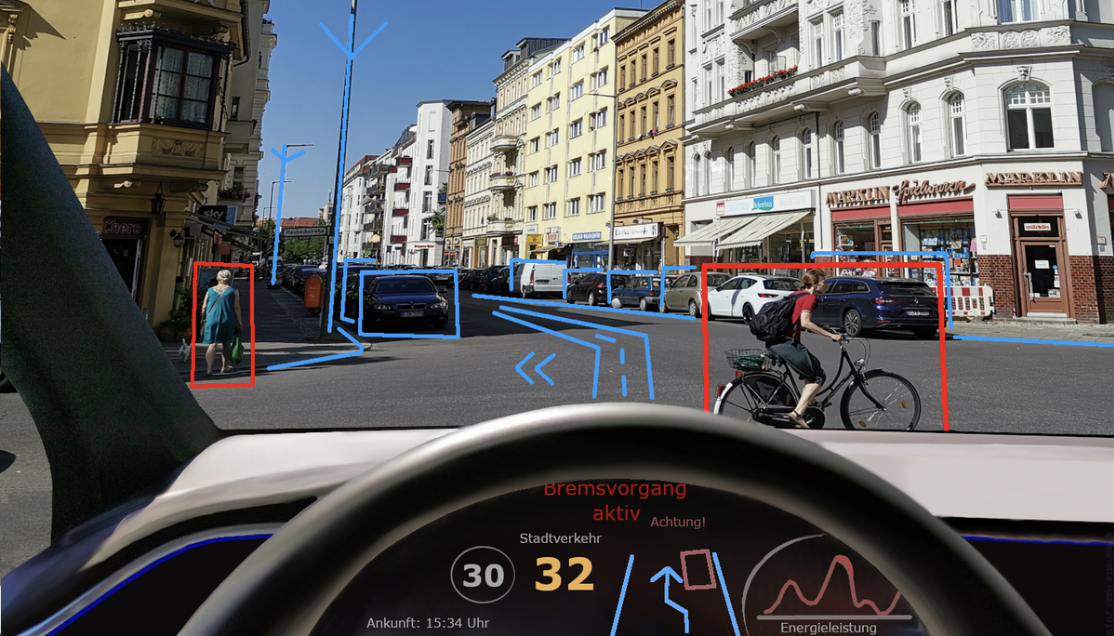About forty-three million Americans live with a disability, according to Pew Research Center. About seven million of those Americans, including myself, cannot obtain a driver’s license.
Being a part of the disabled community, we must rely on public transportation, family, or friends, to drive us places. Therefore, self-driving cars would be beneficial to the disabled community and should be made widely accessible to the general public. With the advancement of technology in recent years, self-driving cars will become the way of the future by making it easier and safer to drive.
“There are already vehicles with a self-driving feature out there and as long as it’s legal, it would benefit the disabled community,” English teacher Mr. Michael Fay said. “I personally wouldn’t want to take that risk [to use a self-driving vehicle] because I like to be in control and wouldn’t risk my safety over a computer; however, people who have a disability and are unable to obtain their license would be more willing to take that risk.”
There are vehicles out now like Teslas that have lane correction, auto pilot, and brake control. These features would all be beneficial to avoid human error.
“[Automotive vehicles] have the potential to reduce crashes by 90%, potentially saving approximately $190 billion per year,” the center said.
Self-driving cars could also help decrease the number of accidents, which could ultimately help people save money.
“I think that [driving] is a big challenge for people who have disabilities to go through everyday life without stumbling into physical barriers or societal and attitudinal barriers,” senior Faith VandeBunte said. “[Self-driving vehicles] reduce human error which makes the road a safer place. It also gives an opportunity for disabled and elderly folks to get around to where they need to be.”
Self-driving cars could also help open job opportunities for people with disabilities, a group that faces an unemployment rate twice that of people who are non-disabled. A study from the Ruderman Family Foundation found that disabled people could gain two million employment opportunities with the transportation provided by self driving cars.
“I think that technology is improving each and every day,” VandeBunte said. “Growing up, the thought of self-driving cars shocked me, but now they’re more prevalent.”
Although many people are skeptical of self-driving vehicles, the advancement of technology ensures that they will be common in our generation’s future.



